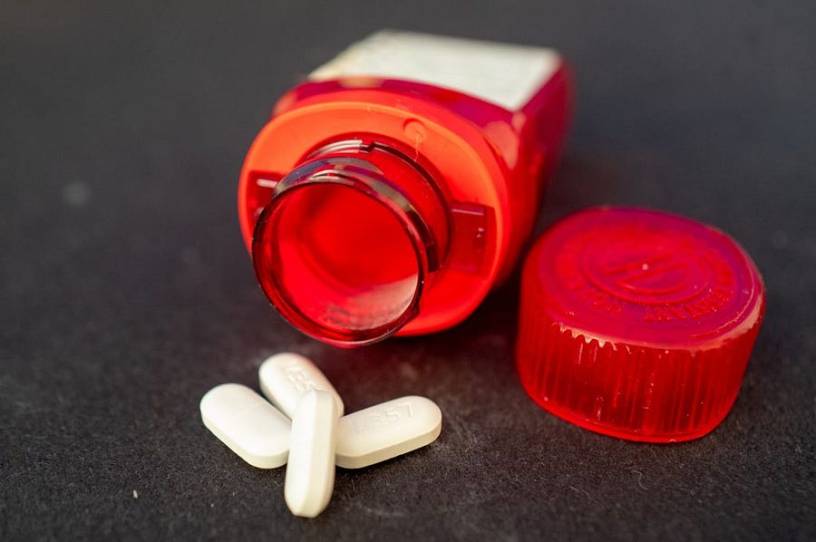The Morning Dispatch: The Forgotten Casualties of COVID-19 Lockdowns

Happy Tuesday! Or if you are a Trump campaign aide desperately trying to get the president to stop shooting himself in the foot on Twitter … Tuesday!
Quick Hits: Today’s Top Stories
As of Monday night, 2,935,716 cases of COVID-19 have been reported in the United States (an increase of 47,130 from yesterday) and 130,284 deaths have been attributed to the virus (an increase of 337 from yesterday), according to the Johns Hopkins University COVID-19 Dashboard, leading to a mortality rate among confirmed cases of 4.4 percent (the true mortality rate is likely much lower, between 0.4 percent and 1.4 percent, but it’s impossible to determine precisely due to incomplete testing regimens). Of 36,032,329 coronavirus tests conducted in the United States (519,413 conducted since yesterday), 8.2 percent have come back positive.


The Supreme Court ruled 9-0 that states can punish “faithless electors” who defect from supporting presidential candidates who win their state’s popular vote. Ten of the 538 presidential electors in 2016 voted for someone other than their pledged candidate. The Supreme Court also upheld a federal ban on robocalls to cell phones, which was passed by the 1991 Telephone Consumer Protection Act.
The Student and Exchange Visitor Program—a part of Immigration and Customs Enforcement (ICE)—declared Monday the State Department will not issue visas or permit entry into the United States to international students “enrolled in schools and/or programs that are fully online for the fall semester.” Harvard University had just announced its plan to invite 40 percent of students back to campus for the fall for an entirely online learning experience.